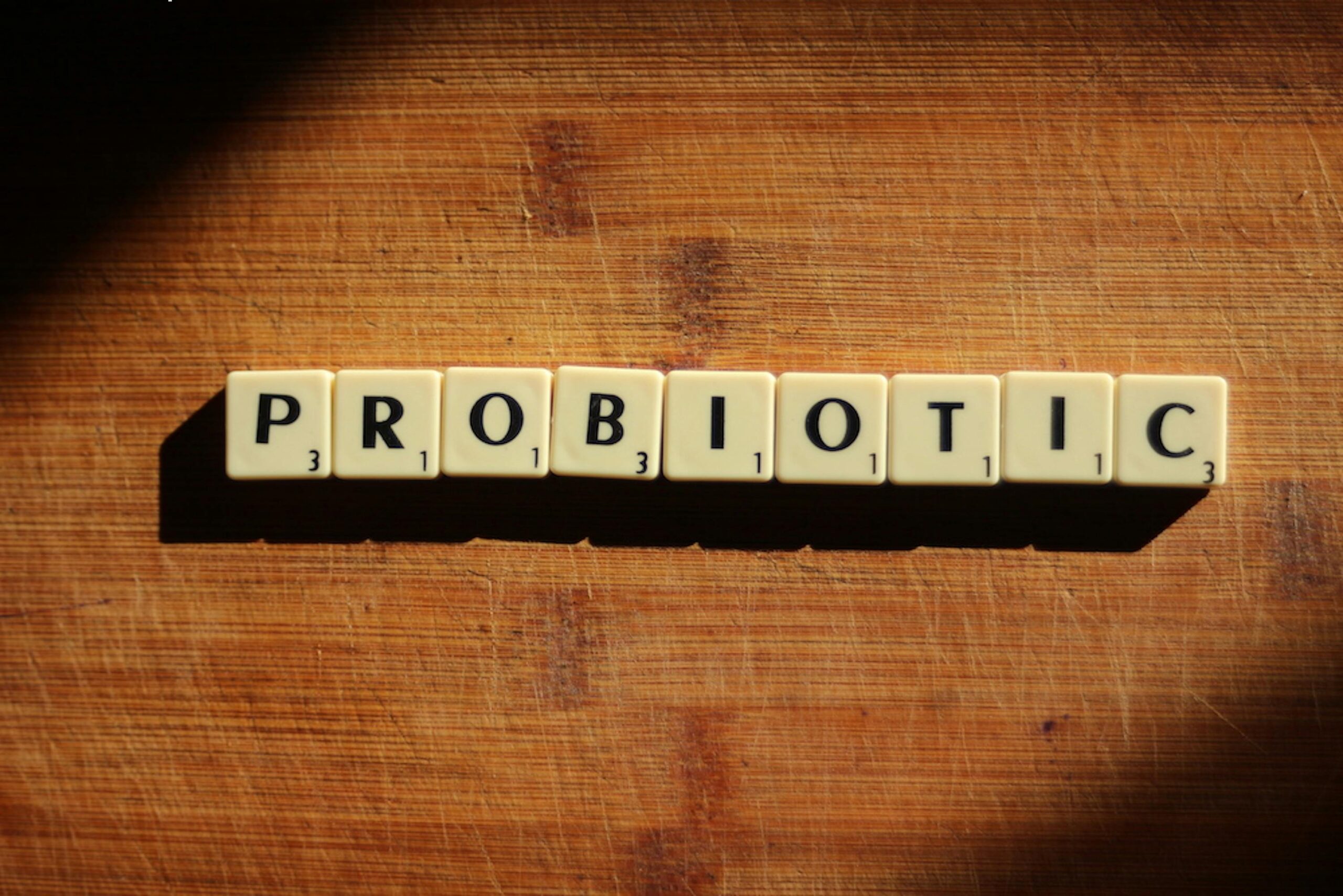We’ve all heard the saying “trust your gut” — but when it comes to your health, that advice is more literal than you might think. While your stomach might not be making life decisions for you, your gut plays a surprisingly powerful role in how you feel, think, and function every single day.
Please like, comment, and share this article if you found it helpful and
informative.
For more news check out Big Town Bulletin News
For more from Big Town Bulletin check out Big Town Bulletin
In fact, your digestive system isn’t just about breaking down food. It’s home to trillions of microorganisms, known collectively as your gut microbiome, and they’re responsible for everything from nutrient absorption to immune support and even mood regulation.
Let’s break down why your gut deserves more of your attention — and how you can start showing it some love.
What Exactly Is Gut Health?
When people talk about gut health, they’re referring to the balance and well-being of your digestive tract, including the countless bacteria, fungi, and other microbes living inside it. A healthy gut efficiently digests food, absorbs nutrients, fights off harmful bacteria, and keeps everything moving smoothly.
But it’s not just about avoiding stomachaches or indigestion. Research has shown that gut health is closely linked to your immune system, mental health, skin, weight management, and more. In other words — when your gut’s happy, the rest of your body tends to follow.
Why Your Gut Matters for Overall Wellness
1. It Supports Your Immune System
Around 70% of your immune cells live in your gut. A healthy, balanced microbiome helps your body recognize harmful invaders and mount a proper defense, while also avoiding unnecessary inflammation that can lead to chronic health issues.
2. It Affects Your Mood and Brain Health
Ever felt butterflies in your stomach when you’re nervous? That’s the gut-brain connection in action. Your gut and brain communicate constantly through the vagus nerve and via chemical messengers like serotonin — a neurotransmitter responsible for regulating mood, much of which is produced in the gut. An imbalanced gut can contribute to feelings of anxiety, stress, and even depression.
3. It Helps with Nutrient Absorption
Your gut breaks down the food you eat and extracts the essential nutrients your body needs to function. If your gut isn’t working properly, you might not be absorbing key vitamins and minerals, no matter how healthy your diet looks on paper.
4. It Plays a Role in Inflammation and Chronic Disease
An unhealthy gut can lead to inflammation, which is a root cause of many chronic conditions like heart disease, diabetes, autoimmune disorders, and even certain cancers. Keeping your gut balanced helps your body manage inflammation and maintain overall health.
Signs Your Gut Might Need Some TLC
Wondering if your gut could use a little extra care? Common signs of gut imbalance include:
- Bloating, gas, or indigestion
- Frequent fatigue or brain fog
- Food intolerances
- Skin issues like acne or eczema
- Irregular bowel movements
- Low mood or anxiety
If any of these sound familiar, it might be time to pay closer attention to your digestive health.
Simple Ways to Improve Your Gut Health
The good news? Supporting your gut doesn’t require drastic changes. A few consistent, mindful habits can make a big difference:
1. Eat More Fiber-Rich Foods
Fruits, vegetables, legumes, nuts, and whole grains feed the good bacteria in your gut, helping them thrive and keep harmful microbes in check.
2. Include Fermented Foods
Yogurt, sauerkraut, kimchi, kefir, miso, and kombucha are rich in probiotics — beneficial bacteria that help maintain a healthy gut balance.
3. Stay Hydrated
Water aids digestion and helps maintain the mucosal lining of your intestines, keeping everything moving smoothly.
4. Limit Processed Foods and Excess Sugar
Highly processed foods and too much sugar can disrupt your gut microbiome, encouraging the growth of harmful bacteria.
5. Manage Stress
Chronic stress negatively impacts gut health. Regular exercise, meditation, deep breathing, or simply taking time to unwind can help keep your gut-brain axis balanced.
6. Get Enough Sleep
Poor sleep can throw your gut bacteria out of whack. Aim for 7–9 hours of quality rest each night.
Final Thoughts
Your gut does so much more than just digest your lunch — it’s a powerful, intelligent system that influences nearly every aspect of your well-being. When you prioritize your gut health, you’re not just avoiding stomach troubles; you’re setting the foundation for better energy, mood, immunity, and long-term wellness.
So next time you think about self-care, remember to check in with your gut. A little attention there goes a long way everywhere else.
Please like, comment, and share this article if you found it helpful and
informative.
For more news check out Big Town Bulletin News
For more from Big Town Bulletin check out Big Town Bulletin


